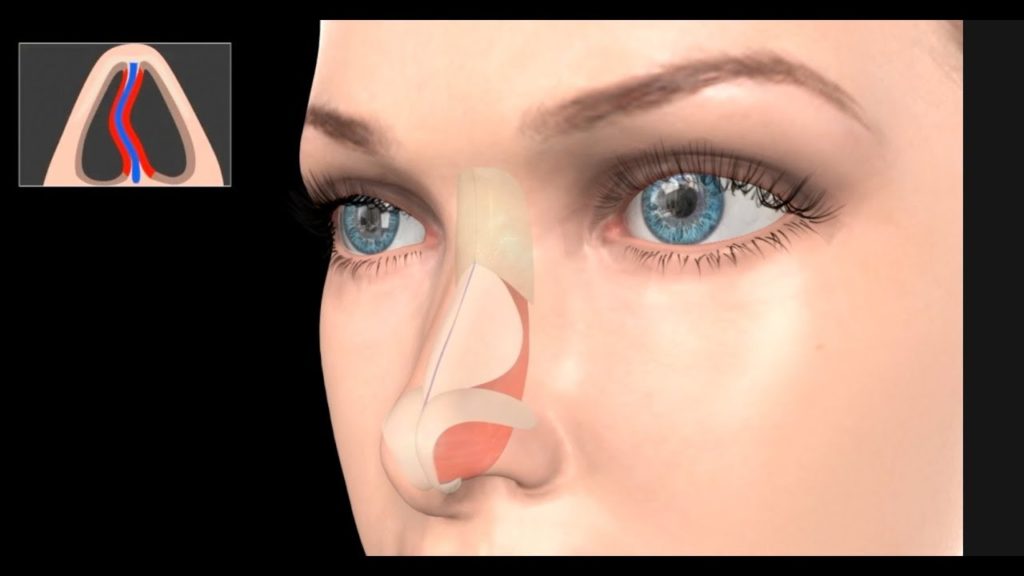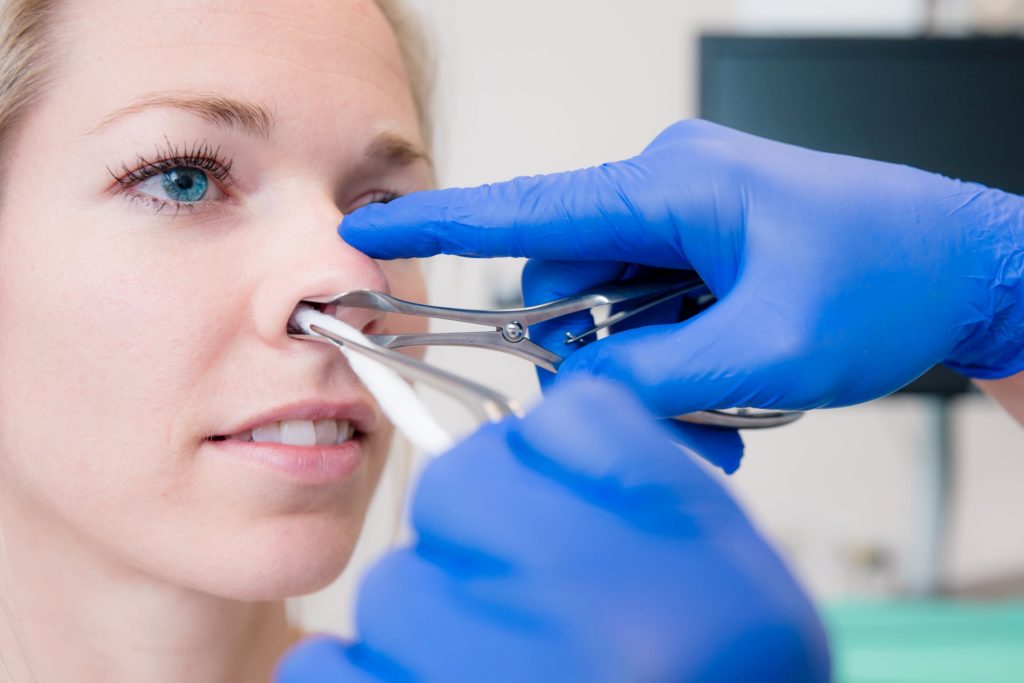
How easily are you able to breathe through both sides of your nose? Many people don’t even realise they have a deviated septum at all. However, not everyone requires intervention for it either.
There are a number of reasons why a deviated septum could occur, including trauma to the face. For others, the problem has been present since birth and was probably caused by pressure in the birth canal.
Regardless of the cause, a deviated septum can eventually interfere with your quality of life and make everyday illness more severe, which is when it’s necessary to seek treatment.
Signs You Might Have a Deviated Septum
There are a few different problems that you may experience if you have a deviated septum. According to AcademyFaceandBody.com.au, this is what you should look out for:

General nasal congestion. When air can’t flow freely through your nasal passages, your sinuses will feel stuffy quite often. This build-up in pressure can also lead to regular headaches and a face that feels sore and painful.
Breathing difficulties. When your nasal passages are misaligned, it makes it harder for air to pass through one half of the nose, which is why it can feel difficult to breathe. This particular problem would be most prominent when you have allergies or a cold.
Regular sinus infections. If your airways are clogged most of the time, sinus infections will become a regular occurrence. People who experience flu-like symptoms and chronic post-nasal drips tend to have a deviated septum.
Frequent nose bleeds. When your septum is curved, air has a harder time passing through the nose, which means there’s a higher chance of your membranes drying out. This lack of moisture is what leads to nosebleeds.
Snoring and poor sleep. Snoring and breathing difficulties during the night are two of the most common signs of a deviated septum. When you can’t breathe properly, it’s not as easy to fall and stay asleep. Many people with a deviated septum also tend to have sleep apnoea, which can be a life-threatening condition.

Treating a Deviated Septum
Whether you want to treat a deviated septum that you’ve had since birth or you’ve recently developed one after injuring your nose, your doctor can provide you with a professional diagnosis after a physical exam.
In some cases, a nasal steroid spray is enough to correct the issue, otherwise, surgery will be required.
If snoring is your biggest concern, try sleeping with your head slightly more elevated than usual to see if that helps.
Regardless of the symptoms you’re experiencing, it’s always better to consult with a qualified doctor if you suspect you might have a deviated septum. Even if you end up needing surgery, the improvement to your quality of life will be well worth the effort. Once your nose has healed, you won’t ever need to worry about being able to take a deep breath or getting a good night’s sleep due to your nose ever again.














